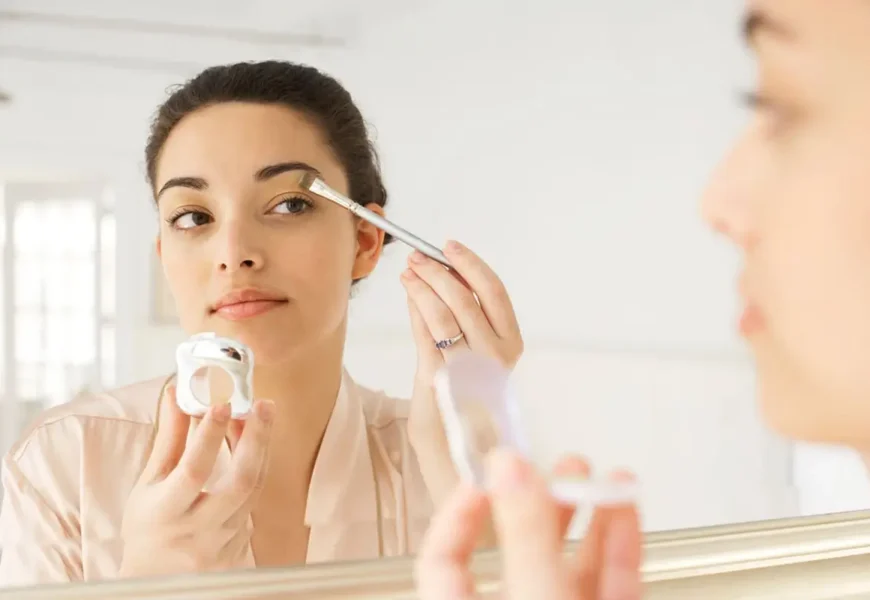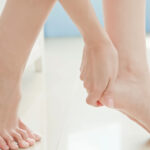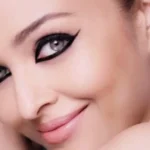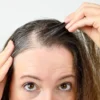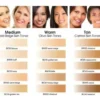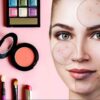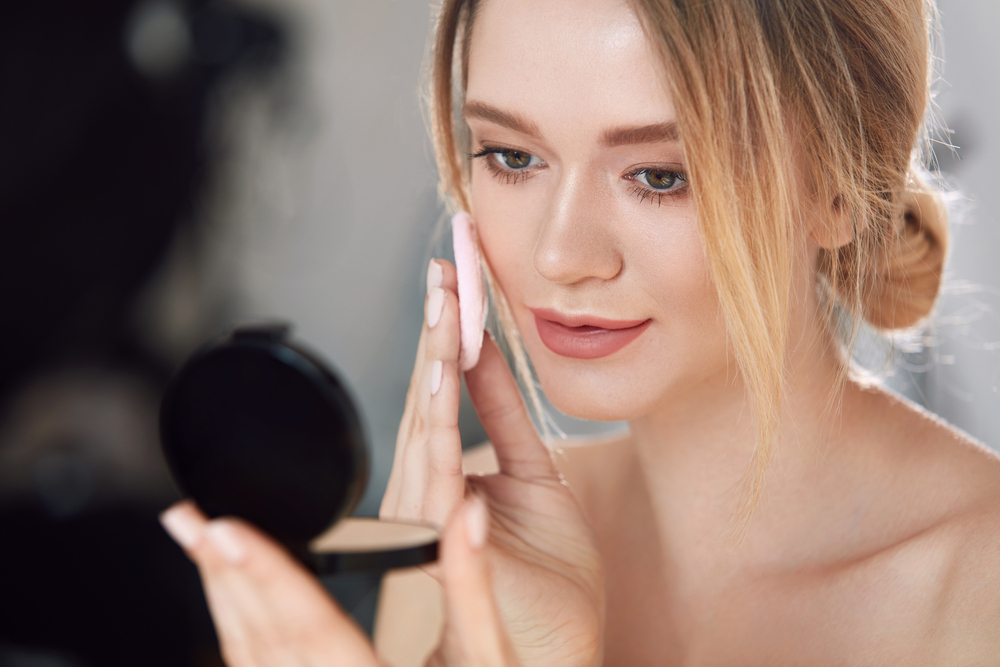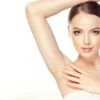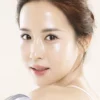Many parents and young people question when it’s suitable for their children’s best age to start wearing makeup. It’s important to apply makeup carefully and carefully, even if it can be a fun way to express oneself and build confidence. The ideal age to wear makeup is discussed in this article, taking into consideration social factors, skin health, and maturity. We’ll look at advice from psychiatrists, dermatologists, and makeup professionals to help you or your kid start a beauty routine responsibly and productively.
Understanding Makeup and Its Purpose
For hundreds of years, individuals have applied makeup, progressing from conventional techniques to modern artistry. At first, it represented protection, beauty, and rank and had religious, cultural, and social symbolic significance. Many people today see makeup as a self-expression tool that allows them to show off their best features, experiment with various looks, and feel more self-assured.
Beyond just cosmetics, makeup can play an important part in an individual’s everyday regimen, acting as a ritual for getting ready for events or the day. It can express a range of moods and styles, draw attention to excellent features, and hide deficiencies. Understanding its purpose helps in appreciating its impact on personal and social levels. Best age to start wearing makeup.
Why People Wear Makeup
Individuals use makeup for a variety of reasons, each as distinct as the wearer. Shown below are a few of the most typical causes:
1. Expression of Self; People can exhibit their uniqueness and sense of style through makeup. Makeup may convey many facets of a person’s personality, from striking, dramatic looks to delicate, natural additions.
2. Confidence Boost: By drawing focus on beneficial features of the face and concealing apparent flaws, makeup can boost self-esteem. An individual’s emotions and relationships may be benefited by this confidence rise.
3. Enhancing Natural Beauty: Eyes are the main focus of makeup, cheekbones are highlighted, and lips are given an explosion of color.
4. Social and Cultural Norms: Beauty products can be used to uphold ideals of beauty because they are considered acceptable in many groups of people and cultures.
5. Professional and Social Situations: Applying makeup to get a polished and professional look for work or special occasions may make people feel more ready and beautiful.
6. Pleasure and experimentation: One of the main reasons makeup is a fun hobby for many individuals is that it enables them to try out different styles and trends. They could enjoy it as a fun diversion from their daily work or as a creative outlet.
Expert Opinions on the Best Age to Start Wearing Makeup
The best age to start wearing makeup Various professionals have different opinions about when a person should start using makeup depending on factors like psychological development, societal influences, and skin health. What experts in various fields advise is as follows:
1. Dermatologists’ Advice Skin Health: Due to the sensitivity and irritation of younger skin, dermatologists often advise delaying until after puberty starts, usually around age 12 to 14. To minimize the chance of pimples and allergic reactions, they emphasize the need to begin with not acne-causing, hypoallergenic products.
2. Psychologists’ Perspectives:
Emotional Readiness: Emotional maturity is highlighted by psychologists. They contend that the appropriate age to start wearing makeup can change based on a person’s capacity to understand and handle the social pressures and possible adverse effects on their sense of self-worth associated with wearing makeup. Generally, they recommend starting with minimal makeup around the early teenage years, about 13-15, when adolescents begin to explore their identity.
3. Parents’ and Guardians’ Views
Balanced Approach: Many parents and guardians advocate for a balanced approach, introducing makeup gradually and under supervision. They recommend starting with light, age-appropriate products such as tinted lip balm or clear mascara around ages 11-13 and gradually allowing more products as the child matures and shows responsibility.
4. Makeup Artists’ Recommendations
Skill Development: Professional makeup artists often suggest starting makeup use when an individual shows genuine interest and willingness to learn proper application techniques. This can be the best age to start wearing makeup ages 14-16, ensuring that makeup enhances rather than overwhelms natural features.
Factors to Consider Before Starting Makeup
Several important decisions should be made to have a happy and healthy experience when choosing the right age to start wearing makeup:
1. Skin Health
Sensitivity: Younger skin is more readily irritated and more sensitive. Using hypoallergenic, mild makeup suitable for sensitive skin is essential.
Breakouts and Acne: Applying makeup too soon could lead to pimples and acne. maintaining healthy skin, you must create a regular skincare routine.
2. Maturity and Responsibility Essential Understanding of Applying and Eliminating Makeup: To avoid damaging skin, the person should exhibit an elementary understanding of putting on and removing makeup.
Responsibility: Makeup requires maintenance, including regular cleaning of brushes and sponges. The individual should be responsible enough to take care of their makeup tools and skin.
4. Parental Guidance and Rules
Family Values: Parent advice and family values heavily influence selecting the right age to begin wearing makeup. Establishing limits and expectations can be helped by parents and kids maintaining open lines of communication.
Supervision: Initially, parental supervision can ensure that makeup is applied and removed correctly and that suitable products are used.
5. Purpose of Wearing Makeup
Occasional Use: One efficient way to introduce makeup is to start with an occasional application for performances or special occasions.
Routine: It’s essential to make sure makeup application remains appropriate and healthful if it becomes routine.
Age-Appropriate Makeup Tips for Different Age Groups
Considering age-appropriate procedures and products is necessary when navigating cosmetics at various stages of development. Here are tips tailored to multiple age groups:
Tweens (10-12 Years)
1. Light Coverage: Start with tinted lip balms or lip gloss for a subtle touch of color.
2. Natural Look: Use a light application of blush or translucent powder to bring focus to your facial features.
Teens, ages 13 to 15
1. Minimal Foundation: To level out skin tone without wearing a lot of makeup, use tinted moisturizers or foundation with light coverage.
2. Subtle Eye Makeup: Try out a few colors of neutral mascara and eyeshadows for a put-together look.
3. Glossy Lips: For a radiant youthful look, use lip gloss or colored lip balms.
Teens who are older (16–18 years)
1. Enhanced Features: Use cosmetic techniques that give extra definition, such as contour using natural colors or winged eyeliner.
2. Experiment with Colors: Explore a wider range of lip colors and eyeshadows while keeping looks fresh and age-appropriate.
3. Matte Finishes: Use matte foundations and setting powders for a more polished finish that lasts longer.
General Tips for All Age Groups
Emphasize your skincare before putting on makeup by applying a gentle cleanser, moisturizer, and SPF.
Light Application: Start with a light hand and gradually build up coverage or intensity as confidence and skill improve.
Remove Makeup Properly: Teach proper makeup removal techniques using gentle cleansers and makeup removers to maintain skin health.
Essential Makeup Products for Beginners Best Age to Start Wearing Makeup
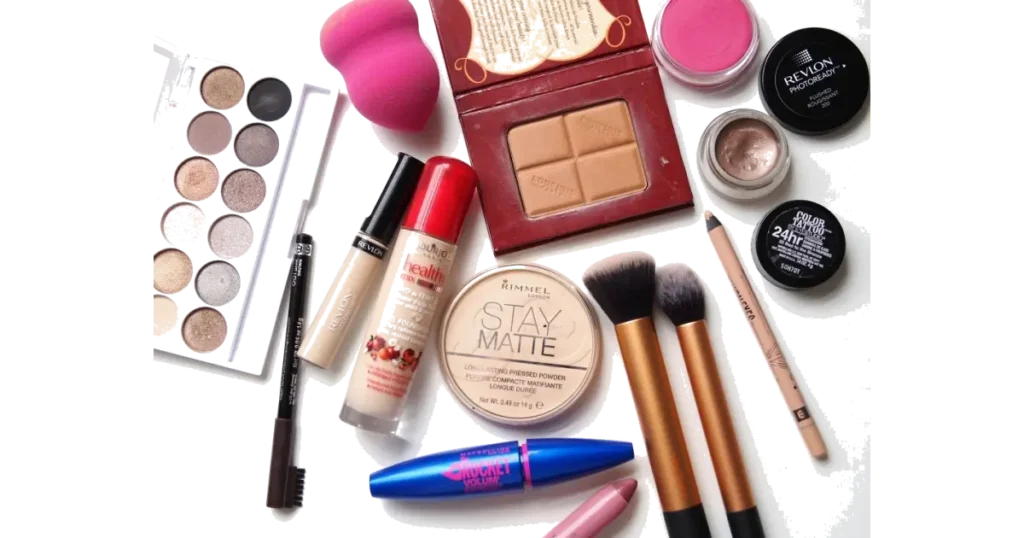
For those new to makeup, starting with essentials ensures a simple yet effective routine. Here are essential products to begin with:
- A tinted moisturizer that calms the skin and offers light coverage is called BB cream.
2. Concealer: This item helps you seem gorgeous by concealing defects like dark circles and other problems.
3. Translucent setting powder fixes makeup without changing its hue and reduces shine.
4. Neutral Eyeshadow Palette: This set of tones can be used to create subtle defined and natural effects.
5. Mascara: Improves the eyes by extending and shaping the lashes.
6. Eyeliner: To define your eyes, use a pencil or liquid liner; go for a natural tone like black or brown.
7. Blush or Bronzer: Gives cheeks a youthful appearance by bringing in some color and brightness.
8. Using tinted lip balm or gloss, soft, moisturized lips can be enhanced with a bit of color and moisture.
9. Lip liner: defines the shape of the lips.
9. For applying makeup regularly and perfectly, cosmetic brushes and sponges require equipment.
10. Makeup Remover: To thoroughly remove makeup at the finish of the day, use a gentle makeup remover or wipes to clean.
Makeup Safety and Hygiene
Always wash your hands before applying makeup, and be sure your brushes and sponges are new for maximum makeup safety. Dates on expiration should be checked, particularly for eye makeup. To avoid irritated skin and blocked pores, remove all makeup before getting into bed. Give sensitive skin care remedies that are allergenic and non-comedogenic priority. Best age to start wearing makeup.
Makeup Tutorials and Learning Resources
Explore online tutorials on platforms like YouTube for step-by-step makeup guides. Websites like thefashionbeauty.com and Beautylish offer articles and videos on techniques. Consider books by makeup artists like Bobbi Brown for in-depth learning. Local beauty stores often host workshops for hands-on practice and personalized advice.
Expert Advice on Balancing Makeup and Natural Beauty
Experts recommend enhancing natural beauty with makeup rather than masking it. Use light coverage foundations, and emphasize eyes or lips, but not both heavily. Select colors that match smoothly with your skin tone. To keep your skin looking healthy, clean your on and avoid using makeup.
Conclusion
This article discusses the perfect best age to start wearing makeup thoroughly and contains insights from psychologists, dermatologists, and makeup artists. It puts a strong emphasis on introducing ideas gradually, starting with basic tools and methods appropriate for each developmental stage. Emphasis is put on the value of skincare, moderation in use, and an understanding of cultural influences. If makeup enhances natural beauty and promotes confidence, people may see it as a beneficial means of self-expression.
FAQS
What group of people does makeup wear start on average?
The average age at which a person starts wearing makeup differs based on cultural and personal circumstances, but it typically starts between the ages of 12 and 14 during the first stages of teenage years.
Is 14 years old age appropriate to use foundation?
If a 14-year-old wants to use foundation, she should select light coverage formulas suitable for her age and make sure she follows proper skincare and applying methods.
Are 12-year-olds able to use BB cream?
Yes, even 12-year-olds can use BB cream because of its lightweight coverage and skincare benefits making it suitable for young skin types.
Best age to start wearing makeup

